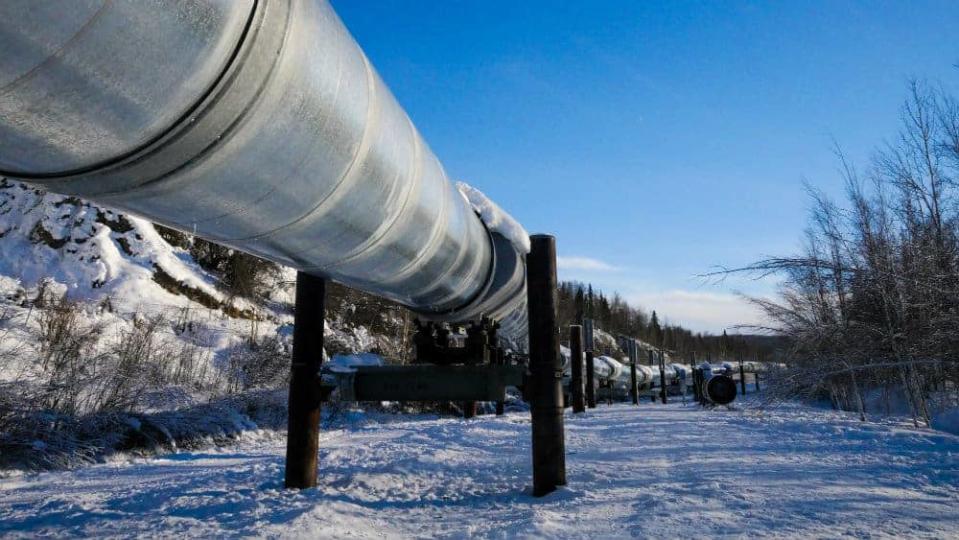Will Venezuela’s Growing Crisis Benefit Canadian Energy Stocks?

Recent events have intensified the economic and humanitarian crisis underway in the strife-torn South American nation of Venezuela. The Trump Administration’s recognition of Venezuela National Assembly president Juan Gauido and latest round of sanctions, which essentially eliminate the nation’s oil exports to the U.S., could very well take the nation to the brink of collapse.
Oil production will collapse further
Prior to the introduction of the latest sanctions, Venezuela’s oil production was already in free fall and by December 2018 had plummeted to 1.1 million barrels daily, which was a whopping 40% lower than the daily average for 2017. The view among industry analysts is that the deeply troubled nation’s oil production, which is a vital economic lifeline for the embattled Maduro regime, will collapse to under 900,000 barrels daily.
This represents an almost 20% decline compared to December 2018’s output and can be ascribed to the impact of the latest U.S. sanctions. These are essentially designed to stop the Maduro regime benefiting financially and receiving the proceeds of any oil sales made by state-controlled oil company PDVSA.
The rapid collapse of Venezuela’s petroleum industry is being hastened by skilled labour fleeing for better wages and conditions in other major oil-producing nations such as Iraq, Kuwait, and Nigeria. A significant lack of investment in Venezuela’s vast oil fields and infrastructure combined with the dearth of qualified labour is causing field-decline rates to accelerate at a rapid clip, further weighing on the volume of oil produced. For those reasons, the oil-rich nation’s petroleum production could decline at a greater clip than anticipated.
The latest sanctions will basically choke off U.S. imports of Venezuelan crude, which, for November 2018, totalled 563,000 barrels daily. This has caused many U.S. refiners to scramble for alternative sources of sour heavy crude feedstock for their operations.
Most of Venezuela’s production is heavy sour crude, which is a crucial feedstock for U.S. refineries, particularly on the Gulf Coast. Unless those refiners are willing to undertake costly measures to reconfigure their operations to process lighter sweeter forms of oil, then they will be forced to look elsewhere for sources of heavy oil. This will trigger greater demand and hence bolster prices for Canadian heavy crude known as Western Canadian Select (WCS) and be a boon for the oil sands industry.
In fact, the announcement of the latest round of U.S. sanctions in late January 2019 lifted oil prices and caused the differential between WCS and the North American benchmark West Texas Intermediate (WTI) to narrow.
This additional demand could also make the production cuts introduced by Alberta’s provincial government redundant. Edmonton has already elected to reduce those cuts to 250,000 barrels daily for February and March because they raised WCS prices to a point where it has become uneconomic to ship it by rail.
There were also concerns that substantially higher WCS would cause U.S. refiners to look elsewhere for heavy oil because of reduced refining margins. If Venezuela’s oil exports to the U.S. are choked off, this eliminates an important source of heavy crude, making those businesses more dependent on Canada’s oil sands.
What does this mean for the oil sands?
That bodes well for those operators like MEG Energy (TSX:MEG), which are dependent on accessing energy markets to sell the heavy crude they produce. It will also incentivize other, larger heavy oil producers like Canadian Natural Resources and Cenovus Energy to ramp up activity at their heavy oil operations after slowing production in response to weaker WCS prices.
If the government-mandated production cuts are lifted or substantially eased and Canadian oil prices remain firm, then it will highly beneficial for MEG. This is because they forced the company to cap its 2019 production guidance at 90,000-92,000 barrels daily, despite its operations being capable of producing on average 100,000 barrels each day.
It has also led to higher expenses per barrel of crude produced, seeing MEG forecast 2019 non-energy operating costs of $4.75-5.25 per barrel, which is around 5% greater than 2018. The ability to expand production will bolster profitability and earnings, ultimately giving MEG’s market value a solid lift.
More reading
Fool contributor Matt Smith has no position in any of the stocks mentioned.
The Motley Fool’s purpose is to help the world invest, better. Click here now for your free subscription to Take Stock, The Motley Fool Canada’s free investing newsletter. Packed with stock ideas and investing advice, it is essential reading for anyone looking to build and grow their wealth in the years ahead. Motley Fool Canada 2019

 Yahoo Finance
Yahoo Finance 